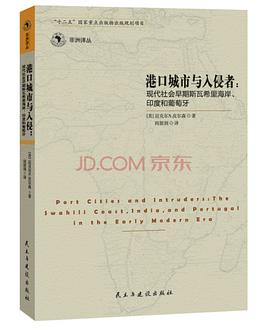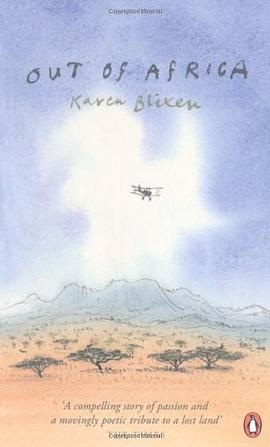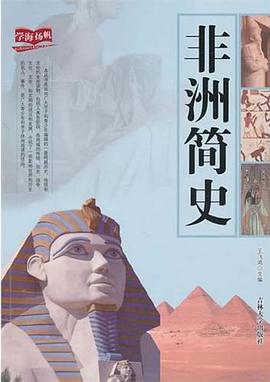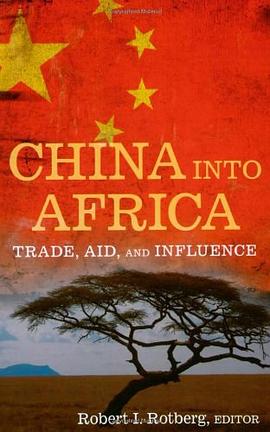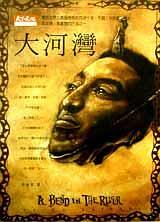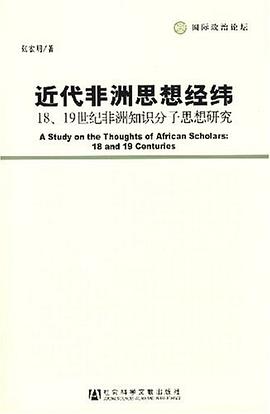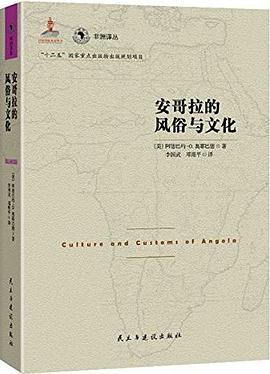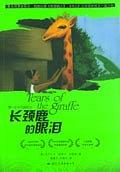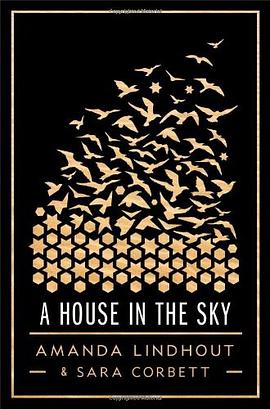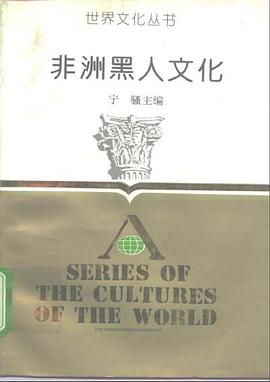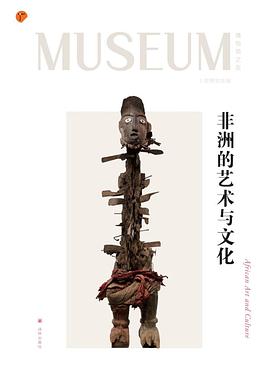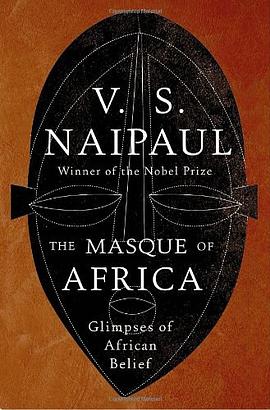

具体描述
Like all of V. S. Naipaul's "travel" books, The Masque of Africa encompasses a much larger narrative and purpose: to judge the effects of belief (in indigenous animisms, the foreign religions of Christianity and Islam, the cults of leaders and mythical history) upon the progress of civilization.
from V.S.Naipaul:
For my travel books I travel on a theme. And the theme of The Masque of Africa is African belief. I begin in Uganda, at the center of the continent, do Ghana and Nigeria, the Ivory Coast and Gabon, and end at the bottom of the continent, in South Africa. My theme is belief, not political or economical life; and yet at the bottom of the continent the political realities are so overwhelming that they have to be taken into account.
Perhaps an unspoken aspect of my inquiry was the possibility of the subversion of old Africa by the ways of the outside world. The theme held until I got to the South, when the clash of the two ways of thinking and believing became far too one-sided. The skyscrapers of Johannesburg didn't rest on sand. The older world of magic felt fragile, but at the same time had an enduring quality. You felt that they would survive any calamity.
I had expected that over the great size of Africa the practices of magic would significantly vary. But they didn't. The diviners everywhere wanted to "throw the bones," to read the future and the idea of "energy" remained a constant, to be tapped into by the ritual sacrifice of body parts. In South Africa body parts, mainly of animals, but also of men and women, made a mixture of "battle medicine." To witness this, to be given some idea of its power, was to be taken far back to the beginning of things.
To reach that beginning was the purpose of my book.
作者简介
Sir Vidiadhar Surajprasad Naipaul Kt. TC (born 17 August 1932, in Chaguanas, Trinidad and Tobago), commonly known as V. S. Naipaul, is a British novelist and essayist of Indo-Trinidadian descent. He is widely considered to be one of the masters of modern English prose. He has been awarded numerous literary prizes including the John Llewellyn Rhys Prize (1958), the Somerset Maugham Award (1960), the Hawthornden Prize (1964), the W. H. Smith Literary Award (1968), the Booker Prize (1971), and the David Cohen Prize for a lifetime's achievement in British Literature (1993). V. S. Naipaul was awarded the Nobel Prize in Literature in 2001, the centenary year of the award.
In 2008, The Times ranked Naipaul seventh on their list of "The 50 greatest British writers since 1945".
目录信息
读后感
这是我读的奈保尔的第一本游记,在读的过程中就一直在心中默念这人好刻薄啊,而且是不露声色的刻薄,除了有几段对后殖民主义以来亚洲势力在非洲大力开垦资源的批评以及对非洲当地人虐待动物行为的咒骂以外,其他大都是默默的不屑。我看了豆瓣的几则书评,说这是他充满温情的一...
评分The bush was almost barren of wild life, but these people were managing to squeeze out the last remnants, while their fertile land remained largely unused. *** The villages seemed to lie just outside forested areas. The land was always choked with...
评分奈保尔以写实主义的笔触,以客观观察家和叙述家的角度,讲述非洲大陆独特神秘的宗教,历史和文化,让我们看到遭蔑视和遗忘的黄金时代;余温尚留的信仰灰烬;表皮光鲜的西方化和现代化底下的黑色之核;殖民主义宗教假面下,虽式微却依然在本质上产生影响的本土神灵体系;还有与...
评分英国当代作家,文化巨匠。1932年生于特立尼达岛上一个印度移民家庭,1950年进入牛津大学攻读英国文学,毕业后迁居伦敦。 50年代开始写作,作品以小说、游灵域YD560.com记、文论为主,主要有《毕斯沃斯先生的房子》、《米格尔街》、《自由国度》、《河湾》与“印度三部曲”等。...
评分The bush was almost barren of wild life, but these people were managing to squeeze out the last remnants, while their fertile land remained largely unused. *** The villages seemed to lie just outside forested areas. The land was always choked with...
用户评价
从文学影响和创作手法上来看,这部作品无疑展现了作者深厚的文学底蕴,并且大胆地融入了许多创新元素。我能从中感受到对传统叙事模式的致敬,但同时又看到作者试图突破既有框架的努力。例如,在处理时间线和叙事视角上,作者进行了一些大胆的尝试,这在很大程度上增强了故事的立体感和现代感,让这部作品在保持其史诗般厚重感的同时,又不失现代读者的阅读习惯。它成功地在“史诗性”与“个人性”之间找到了一个精妙的平衡点。与其说它是在讲述一个过去的故事,不如说它是在用一种全新的、充满活力的文学工具,来解构和重塑我们对某种特定历史或文化背景的理解。总而言之,这是一部在结构、语言和主题上都极具野心和成就的作品,值得反复阅读和推敲其精妙之处。
评分阅读体验上,作者的叙事节奏掌控得炉火纯青,如同一个经验丰富的指挥家,时而激昂澎湃,时而低回婉转。故事的开篇并非平铺直叙,而是采用了多线索交织的手法,迅速将读者卷入一个充满未知与张力的情境之中。我对其中几处转折点的处理印象尤为深刻,它们自然而然,却又出乎意料,每一次高潮的到来都仿佛是水到渠成,绝无刻意为之的痕迹。人物的刻画更是细腻入微,即便是配角也拥有鲜明的性格弧光和复杂的内心世界,他们的动机和选择都经得起推敲,而非扁平化的工具人设定。这种层层递进的叙事结构,使得读者在阅读过程中需要持续保持专注,享受那种抽丝剥茧、逐步揭示真相的乐趣。可以说,作者对情节的铺陈和节奏的拿捏,达到了教科书级别的水准,让人在合上书页后,依然能清晰地回味那些扣人心弦的片段。
评分这部作品的内在主题探讨之深刻,远超出了其表面的故事框架。它巧妙地触及了人性中关于权力、信仰与牺牲等永恒命题,但又避免了说教式的说理。作者似乎更倾向于通过人物的命运和他们所处的极端环境,来引导读者自己去思考这些宏大议题的复杂性。我尤其关注其中对于文化冲突与融合的描绘,它不是简单的二元对立,而是呈现出一种复杂交织的灰色地带,展示了在历史洪流中,不同价值体系如何碰撞、妥协,乃至相互渗透。这种对复杂现实的忠实呈现,使得作品的立意拔高了一层,不再仅仅满足于讲一个引人入胜的故事,而是试图在更深层次上与读者的认知世界产生共鸣和碰撞。读完之后,内心久久不能平静,它留下了一串值得深思的问题,而非简单的答案。
评分这部作品的书封设计简直是一场视觉的盛宴,色彩的运用大胆而富有层次感,初见便让人心生探究的欲望。封面中央那模糊不清的剪影,仿佛是远古神话的遗珠,在光影的交错中若隐若现,成功地营造出一种神秘而引人入胜的氛围。我尤其欣赏封面上所选用的字体,那种略带古朴和沧桑感的笔触,与书名本身的意境完美契合,让人不禁联想到宏大叙事和史诗般的篇章。装帧的质感也十分考究,纸张的触感温润而厚重,体现出出版方对这部作品的重视。翻开书页,内页的排版清晰流畅,字号适中,阅读体验非常舒适,即便是长时间沉浸其中也不会感到视觉疲劳。整体而言,从外在的包装到内在的细节,都预示着这是一部值得细细品味的佳作,它不仅仅是一本书,更像是一件精心雕琢的艺术品,成功地在众多书架中脱颖而出,让人忍不住想立刻揭开它所包裹的故事面纱。
评分这本书在语言风格上的多样性令人惊喜,它似乎能根据不同的场景和人物心境,自如地切换语调。在描写那些庄严的、具有历史厚重感的段落时,文字显得凝练而富有哲思,充满了古典的韵味和沉甸甸的分量感,读来让人心生敬畏。然而,一旦进入到角色之间的私密对话或紧张的冲突场景,笔锋又变得犀利而富有生活气息,充满了张力与火花,甚至能捕捉到细微的情感波动。这种语言上的弹性处理,极大地丰富了阅读的层次感,避免了单一语调带来的审美疲劳。我特别欣赏作者在构建复杂意象时所使用的比喻,它们新颖独特,往往能一语中的地描绘出难以言喻的情感或景象,给人的联想空间非常广阔。这种精雕细琢的文字,本身就是一种享受,让人忍不住会反复咀嚼那些优美的句子。
评分流水账,没看完
评分凑热闹看一部诺奖作者的作品~不过,还是不能习惯modern对于“原始”的屈尊降贵。一种“啊,你们那些风俗还是蛮有趣的嘛,嗯,你们有一天会发展到我们这样的。不过其实你们保留你们的样子也蛮不错的。”最后关于南非的种族讨论,没什么新意吧。不过再次验证了所谓“真理与和解”,作为体制的强加,真是不管用的。毕竟,伤痛就是伤痛,岂是一句被引导而说出的原谅可以抹去?
评分流水账,没看完
评分奈保尔的非洲五国游记。老爷子,你真行!
评分奈保尔的非洲五国游记。老爷子,你真行!
相关图书
本站所有内容均为互联网搜索引擎提供的公开搜索信息,本站不存储任何数据与内容,任何内容与数据均与本站无关,如有需要请联系相关搜索引擎包括但不限于百度,google,bing,sogou 等
© 2026 book.quotespace.org All Rights Reserved. 小美书屋 版权所有


